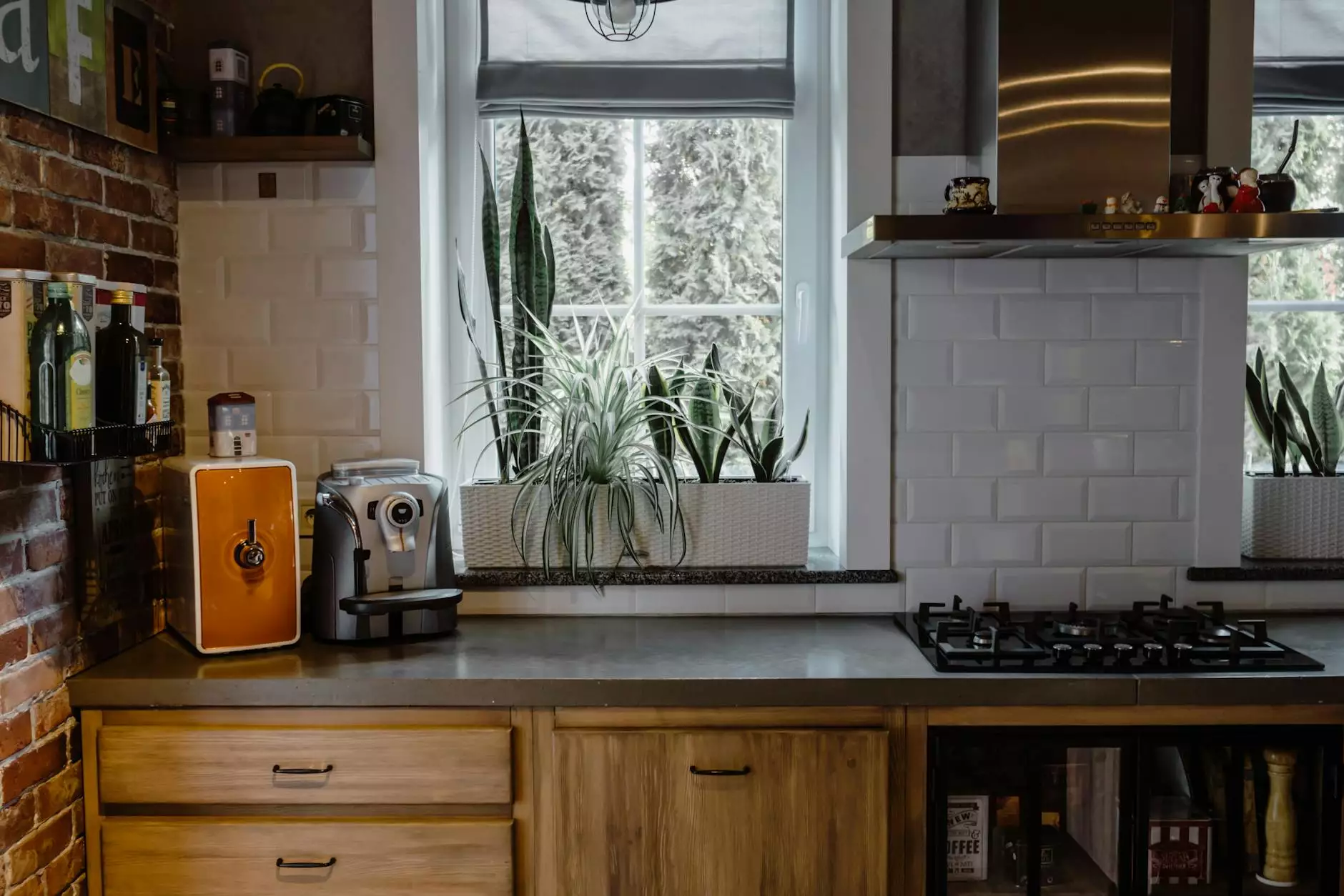How to Have an Eco-Friendly Kitchen Remodel
Kitchen
The Importance of an Eco-Friendly Kitchen
An eco-friendly kitchen remodel not only helps the planet but also contributes to a healthier living environment for you and your loved ones. By adopting sustainable practices and using energy-efficient appliances, you can significantly reduce your carbon footprint and contribute to a greener future.
1. Efficient Use of Space
When remodeling your kitchen, consider optimizing the space to maximize its functionality. Evaluate your storage needs and invest in custom cabinets and shelves to ensure proper organization. Think about incorporating open shelving to reduce the use of unnecessary materials.
2. Sustainable Materials
Choose sustainable materials for your kitchen remodel, such as reclaimed wood or bamboo flooring. These materials are both environmentally friendly and visually appealing. Additionally, opt for recycled glass or concrete countertops, which are durable and create a unique aesthetic.
3. Energy-Efficient Appliances
Investing in energy-efficient appliances is crucial for an eco-friendly kitchen remodel. Look for appliances with an ENERGY STAR certification, as they consume less energy and water. Choose a refrigerator, dishwasher, and stove that have high energy-saving ratings, and consider installing LED lighting to further reduce energy consumption.
4. Water Conservation
Reduce water wastage in your eco-friendly kitchen by installing low-flow faucets and aerators. These fixtures can significantly decrease water usage without compromising performance. Additionally, consider investing in a dishwasher with water-saving features and insulating your pipes to prevent any leaks.
5. Natural Lighting and Ventilation
Utilize natural lighting and proper ventilation to reduce your energy consumption. Opt for larger windows or skylights to maximize natural light during the day. Install energy-efficient window treatments to retain heat during winter and reduce heat gain during summer. Incorporate a ventilation system to maintain air quality and minimize the need for air conditioning.
6. Recycling and Waste Management
Create a designated area for recycling bins in your kitchen remodel to encourage proper waste management. Promote recycling by using compostable and biodegradable materials whenever possible. Reduce your use of plastic by choosing reusable containers and shopping bags.
7. Green Cleaning and Maintenance
Incorporate eco-friendly cleaning products into your kitchen routine. Use natural alternatives such as vinegar, baking soda, and lemon for cleaning surfaces, and opt for environmentally friendly detergents and dish soaps. Regularly maintain your appliances to ensure optimum efficiency and longevity.
8. Educate Yourself
Stay informed about the latest eco-friendly practices and technology in kitchen remodeling. Research sustainable building materials and visit eco-friendly showrooms to explore various options. By continuously educating yourself, you can make well-informed decisions for your eco-friendly kitchen.
Conclusion
An eco-friendly kitchen remodel is not only a responsible choice for the environment but also an investment in your home's value. By implementing these eco-friendly practices, you can create a sustainable and energy-efficient kitchen that benefits both your family and the planet for years to come. Contact Steve Caragian Remodeling today to start your journey to an eco-friendly kitchen.










